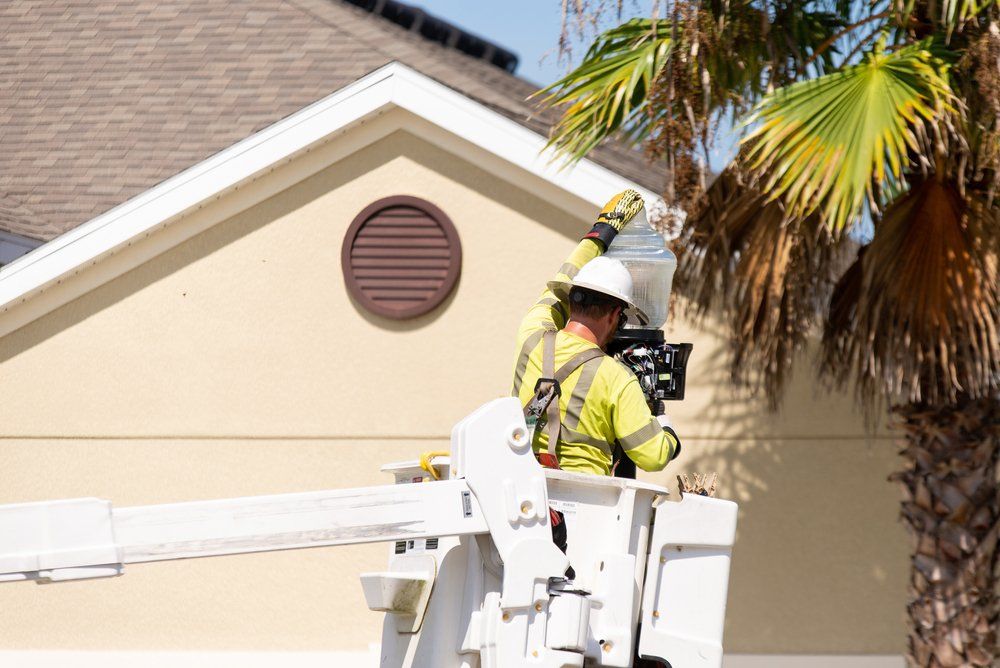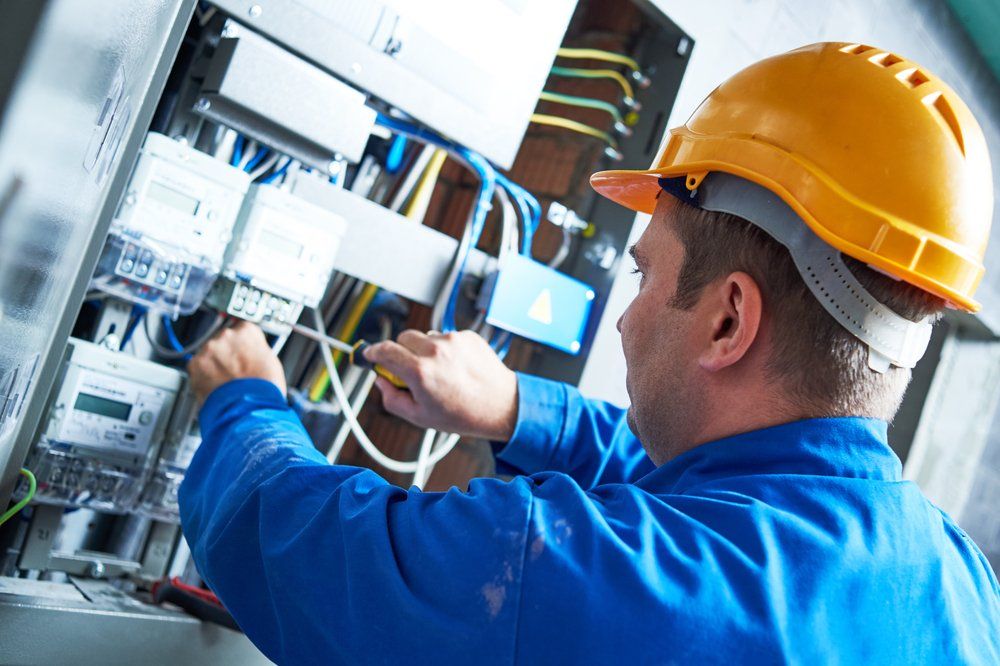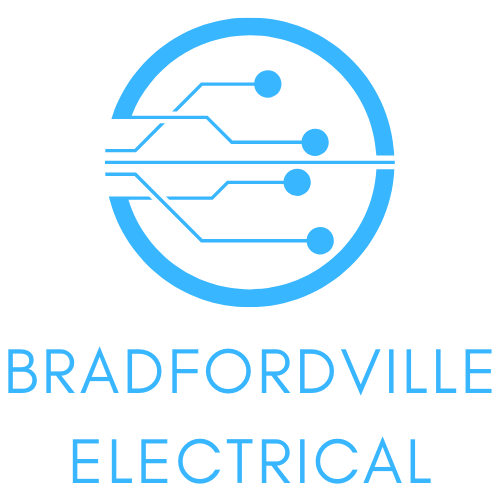What Does an Electrical Contractor Charge?
What Does an Florida Electrical Contractor Charge
What does an electrical contractor charge? The answer to that question depends on the kind of work and the grade of electrician you hire. You may also need to factor in the costs of permits and inspections. In general, the cost of an emergency call will be higher than a regular call. Emergency calls can also include burning odors, power outages, or hot electrical panels. You'll pay $150 per hour for an emergency call, but the cost can increase depending on demand.
Cost of labor
The most important question to ask yourself is how much labor will an electrical contractor charge? The cost of labor can vary greatly between electrical contractors. Although this number is the minimum charge for some work, the cost of labor for most electrical jobs is significantly higher. Many electrical contractors charge more than an hour's labor, even for basic jobs. A typical electrician will charge more than double the minimum charge for labor than for real estate, since a job will generally take much longer to complete.
The best way to determine how much an electrical contractor charges for each hour of labor is to estimate the cost of the service. The cost of labor varies depending on the scope of the work and whether or not building plans are required. Likewise, the cost of electrical wiring for a home will be different than the cost of installing light fixtures. The cost of electrical work also depends on overhead costs and markup for profit. An electrical contractor's estimate must consider these variables.
Cost of materials
A substantial portion of the work performed by electrical contractors involves material handling. Cable pulls, wire installation, conduit, and light fixtures can all require moving materials. Even union contractors spend half their day moving materials, which can easily add up to a significant amount of cost. If you're not sure how much your materials will cost, here are a few ideas for keeping costs down:
Lumber prices are high, but this does not necessarily mean that you'll need to hire a crew just to do some minor electrical work. Lumber prices are also high, which has forced contractors to increase their material costs. Additionally, copper-based electrical products are now more expensive than they used to be. These factors have increased the cost of materials for an electrical contractor. To stay within budget, it's best to plan your work ahead of time.
Cost of permits
A major part of any electrical project is obtaining permits. These are required for everything from wiring to fixtures, water heaters, and ductwork. Electrical contractors should be familiar with the cost of these permits, as they can range from $1,200 to $3,500. The cost of permits is usually broken down into parts, and you can negotiate the fees as part of the contract. Generally, permits for residential projects cost between 50 and 300 dollars, and the fees are calculated based on the project size and construction type. In addition to building permits, electrical contractors may also need to obtain permits for any electrical work, such as changing out existing switches.
For a corporation, a permit may be required to perform annual repairs and maintenance. This type of permit requires the employment of a licensed journeyman. The annual permit costs $150 and is valid from January 1 through December 31. Some cities allow contractors up to 4 years to reapply for a permit, but many homeowners don't know this and end up with a house that doesn't have all of the permits it needs.
Cost of inspections
If you are thinking of hiring an electrician, you may be wondering how much the process will cost. There are several things to keep in mind when looking into the cost of electrical inspections. While they may not seem like the most important considerations, they are important for a number of reasons. These include licensing requirements, experience, and references. The more inspectors you talk to, the better equipped you will be to make a choice.
The inspections typically include testing outlets with a multimeter, as well as lighting fixtures, switches, and receptacles. These professionals typically test a representative sample of installed fixtures to make sure there are no problems. This inspection will also reveal the type of wiring installed in the home. While some issues are easy to fix, others may require extensive repairs. For instance, the cost of electrical inspections may increase by as much as $600 for an average home.
Cost of insurance
How much does it cost to insure an electrical contractor? While there are many factors that affect the cost, it will be largely dependent on the policy limits and risks an electrician faces. Insureon customers estimate an average cost of $540 per year for liability insurance, which protects an electrical contractor from lawsuits for third-party property damage or injuries. In addition, business owners' policies may provide coverage for more risks than liability insurance alone.
The cost of insurance for an electrical contractor depends on many factors, including the amount of coverage needed, the number of employees, the nature of work, and the assets of the business. The more employees you have, the more expensive the insurance premium. Keeping safety regulations in mind and paying a high deductible will also help lower insurance costs. However, you must remember to submit all relevant facts about your electrical business when getting quotes to avoid paying too much.


